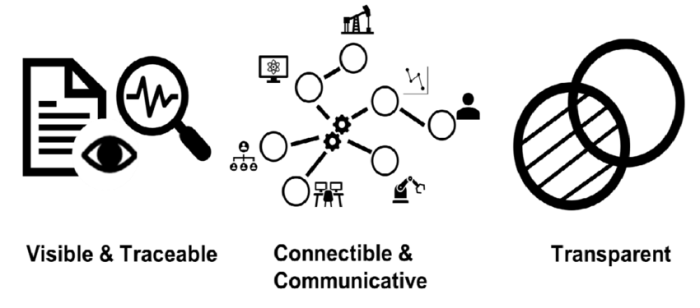To be effective control systems must adhere to essential principles for optimal performance. These principles include accuracy and reliability, timeliness, responsiveness, flexibility and adaptability, robustness and fault tolerance, security, human-machine interface (HMI), and cost-effectiveness. By understanding and implementing these principles, engineers can design and implement control systems that meet the demands of modern industrial processes and applications.
The principles Artikeld in this document provide a comprehensive framework for designing and implementing effective control systems. By adhering to these principles, engineers can ensure that their control systems are accurate, reliable, timely, responsive, flexible, adaptable, robust, fault-tolerant, secure, and cost-effective.
These factors are essential for ensuring the optimal performance of control systems in a wide range of applications.
To Be Effective Control Systems

Effective control systems are essential for maintaining stability, efficiency, and safety in various industries. To achieve effectiveness, several key characteristics must be considered, including accuracy and reliability, timeliness, responsiveness, flexibility and adaptability, robustness and fault tolerance, security, human-machine interface (HMI), and cost-effectiveness.
FAQ Overview: To Be Effective Control Systems Must
What are the key principles for effective control systems?
The key principles for effective control systems include accuracy and reliability, timeliness, responsiveness, flexibility and adaptability, robustness and fault tolerance, security, human-machine interface (HMI), and cost-effectiveness.
Why is accuracy and reliability important in control systems?
Accuracy and reliability are important in control systems because they ensure that the system is able to provide accurate and consistent control over the process or system being controlled. Inaccurate or unreliable data can lead to control system failures, which can have serious consequences.
How can control systems be made more responsive?
Control systems can be made more responsive by reducing the time delay between the measurement of the process or system being controlled and the application of the control action. This can be achieved through the use of faster sensors, controllers, and actuators.

